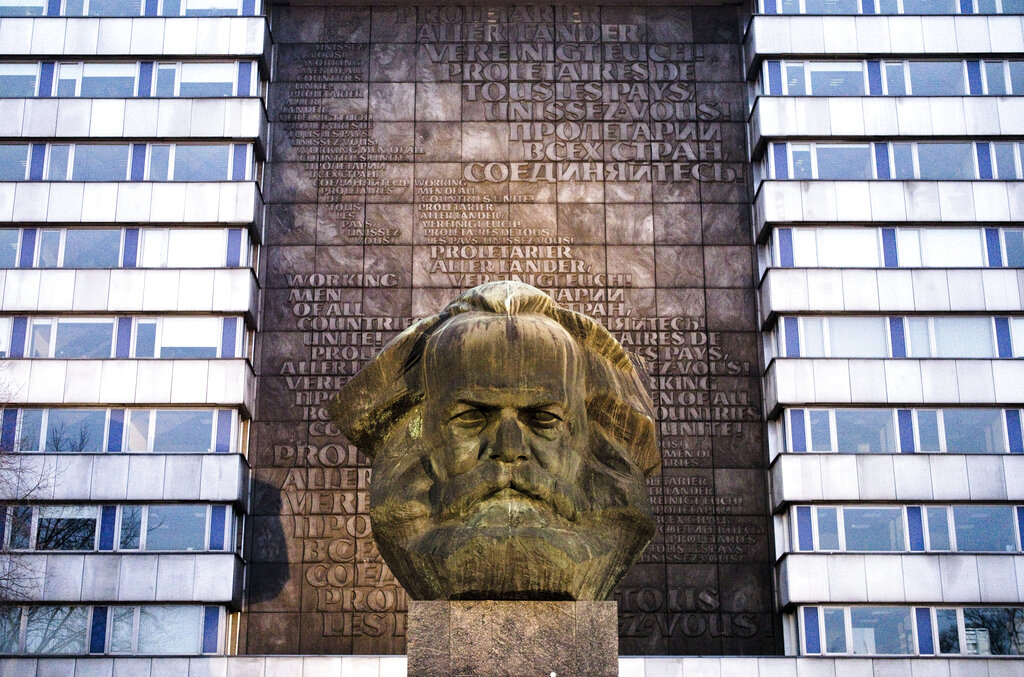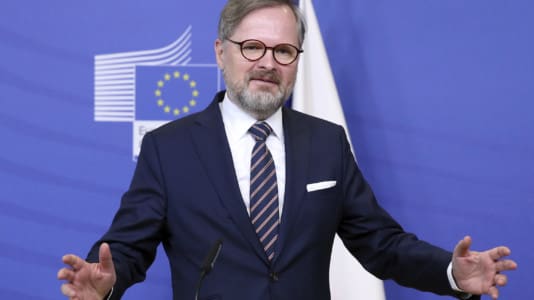According to Deutsche Welle, the German Historic Museum has prepared an exhibition about Karl Marx as a constantly relevant thinker who was “ahead of his time in at least five different areas.” In short, it presents Marx as the father of our times.
Information about the exhibition praises Marx as the founder of social policy, a critic of capitalism and a cosmopolitan. Yes, it does note that Soviet totalitarianism and the East German collaboration system referred to Marx and that his works were of an anti-Semitic character, but declares those issues to no longer be relevant to his legacy.
The USSR had fallen, the GDR (so called German Democratic Republic — the communist state established by Soviets in East Germany) is gone, and anti-Semitism is usually condemned. The rest is deemed as “interesting.”
This type of analysis of Marx’s work replicates a well-known blueprint: the execution was sometimes poor, but the ideas were not; totalitarian governments were awful, but that does not strip the revolutions which preceded them of their grandeur. Therefore, it is worthwhile reminding them of the ideas behind those revolutions and all of the other “interesting” aspects.
The “Communist Manifesto,” which was written by Marx and his friend Friedrich Engels, had entailed, since the very beginning, the “overthrowing of the hitherto social system through violence.” This was written during the times in which traditional monarchies, which shaped the nations of Europe, were taking parliamentary and constitutional forms. For the manifesto’s authors, this was all worthless because “law, morality and religion” were deemed as “bourgeoisie superstitions” behind which stood particular bourgeoisie interests.
The “Manifesto” outright postulated the “removal of the family” and mocked “bourgeoisie platitudes about family and upbringing and the touching relation between parents and children.” The family was the foundation and basic community of the entire social system at the time, which had to be “overthrown through violence.”
The document also spoke about the complete uprooting of societies. Its authors claimed that “workers did not have a homeland” and that “national differences between people were declining” and communism would exacerbate this decline.
As a matter of fact, the Berlin museum has very aptly chosen the patron for the New Europe we live in. The “freeing” of people from family, from moral and national obligations and nations themselves — these are its ideals and policy. And of course, the “overthrowing of the hitherto social system through violence.” After all, what else is the act of the government taking over the raising of children, including the ability to take them away from their parents, the enforcement of migration and the coercion of states who oppose this policy.
Shortly before his death, John Paul II wrote in his “Ecclesia in Europa” that there was an attempt to “create a vision of Europe which ignores its religious heritage, and in particular, its profound Christian soul, asserting the rights of the peoples who make up Europe without grafting those rights on to the trunk which is enlivened by the sap of Christianity.”
Indeed, Marx is the best patron for this undertaking.





